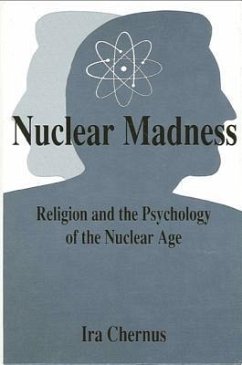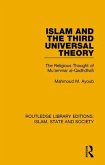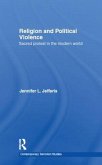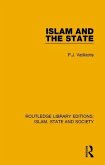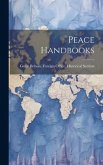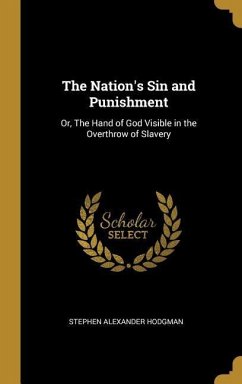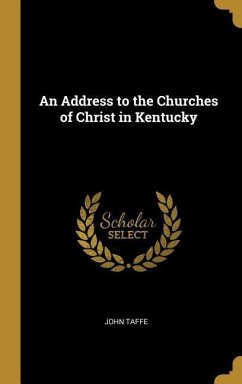This book builds on Robert Jay Lifton's theory of psychic numbing, and takes madness as a guiding metaphor. It shows that public perceptions of the Bomb are a kaleidoscope of ever-changing ideas and images. Recent changes in public awareness only signal new symptoms of this public madness, symptoms unwittingly fostered by the antinuclear movement. Since the newest nuclear images follow the same psychological pattern as their predecessors, they are likely to lead us deeper into nuclear madness. Chernus offers new interpretations of four major theorists int the psychology of religion--Paul Tillich, R.D. Laing, Mircea Eliade, and James Hillman--to trace the roots of nuclear madness back to the onset of modernity, when the West gained technological mastery at the price of losing religious imagination and ontological security. The author develops an interpretation of Lifton's own thought as an ontological and religious psychology. Drawing on the work of Eliade and Hillman, he goes on to suggest that madness reflects a repressed desire to transform life by opening up the floodgates of imagination. A conscious cultivation of the play of imagination can lead the way through madness to sanity and peace. But, imagination can only respond to the nuclear threat if it is acted out in a new brand of peace activism that blends pragmatic politics with psychological and religious transformation.
Hinweis: Dieser Artikel kann nur an eine deutsche Lieferadresse ausgeliefert werden.
Hinweis: Dieser Artikel kann nur an eine deutsche Lieferadresse ausgeliefert werden.

